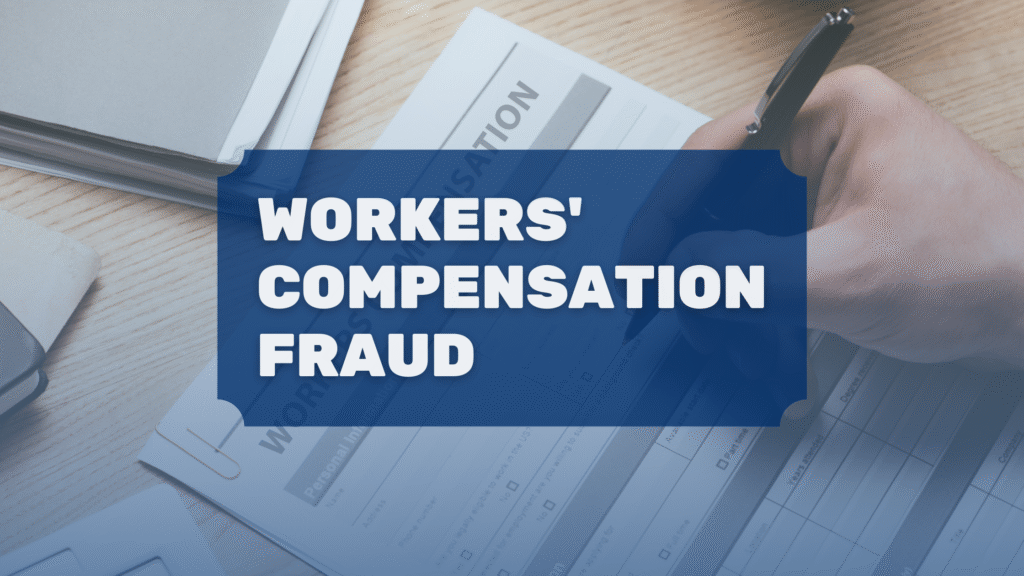May 15, 2025 | JacobiJournal.com – Carrier summary judgment denial took center stage on May 15, 2025, as reported by JacobiJournal.com. A California appellate court recently held that an insurance carrier could not revive a previously denied summary judgment motion by simply re-filing it without significant new evidence or legal developments. The decision underscores judicial expectations for diligence and finality in motion practice, particularly within workers’ compensation and insurance litigation.
Court Affirms Carrier Summary Judgment Denial as Procedurally Improper
In the case, the insurance carrier initially sought summary judgment, asserting there was no triable issue of material fact regarding its liability in a complex coverage dispute. The trial court denied that motion. Later, in an attempt to revive the same arguments, the carrier refiled without presenting any new legal developments or factual changes. This effort resulted in a carrier summary judgment denial reaffirmed by the court, which ruled that such renewed motions are procedurally improper absent materially different circumstances.
The appellate court agreed, emphasizing that courts must discourage repetitive filings that waste judicial resources and delay proceedings. “A motion denied cannot be repackaged and re-presented in hopes of a different outcome,” the opinion stated.
Legal Standards and Implications
California law allows for renewed motions for summary judgment only if the party shows:
- New or different facts,
- A change in the law, or
- New circumstances that justify reconsideration.
In this instance, none of those criteria were met—there were no new facts, no changes in the law, and no material developments to justify reconsideration. The decision reinforces that parties cannot bypass procedural finality merely because they disagree with an earlier ruling. Courts expect litigants to present their strongest case upfront, and attempts to repackage denied motions without substantive justification undermine the efficiency and integrity of the judicial process.
Why This Matters
This ruling has broad implications for insurance defense teams and third-party administrators. It highlights the importance of making the strongest case possible in the initial motion, knowing that courts frown upon do-overs. Carriers must approach summary judgment strategically—gathering solid evidence and anticipating potential defenses—because a second chance is not guaranteed.
The decision also signals to plaintiffs’ counsel that courts will protect the integrity of the litigation process by rejecting duplicative tactics from insurers.
Read Clark Hill article for a more detailed explanation about how local trial practices must not override state statutory rights on summary judgment
FAQs: Understanding Carrier Summary Judgment Denial in California Courts
What is a “carrier summary judgment denial”?
A carrier summary judgment denial occurs when a court rejects an insurer’s motion, finding material facts remain in dispute. If refiled without new evidence or legal developments, appellate courts often refuse renewed motions—emphasizing finality and judicial efficiency.
When can an insurer refile a denied summary judgment motion?
An insurer may only file a renewed motion if there’s new or different evidence, a change in controlling law, or material developments since the initial decision. Simply re-submitting the same motion is considered duplicative and improper under California appellate standards.
Why did the appellate court reject the insurer’s renewed motion?
The appellate court held that refiling the motion without new supporting facts or legal changes flouts procedural norms and harms judicial efficiency. Courts expect litigants to present their best case the first time, not attempt a “second bite at the apple.”
Can a carrier summary judgment denial affect settlement negotiations?
Yes. A carrier summary judgment denial can influence settlement discussions by signaling that the court believes there are genuine disputes of material fact. This may encourage insurers and plaintiffs to consider alternative dispute resolution, as repeated summary judgment attempts are unlikely to succeed without new evidence or legal developments.
Stay Ahead. Subscribe to JacobiJournal.com for expert coverage on insurance litigation, fraud developments, and carrier liability trends.
🔎 Read More from JacobiJournal.com:
- Wildfire Alert Glitch Triggers Accidental Warning to Millions in LA County
- PFAS Settlement Agreement: New Jersey, 3M Settle for $450M
- State Farm Rate Hike Recommendation: 17% Increase a Wake-Up Call for Insurers
- Attorney Liens Scrutinized in CA DWC’s Quick Suspension Over Alleged Comp Fraud
- Coalition Reports Surge in Business Email Compromise Costs for 2024





